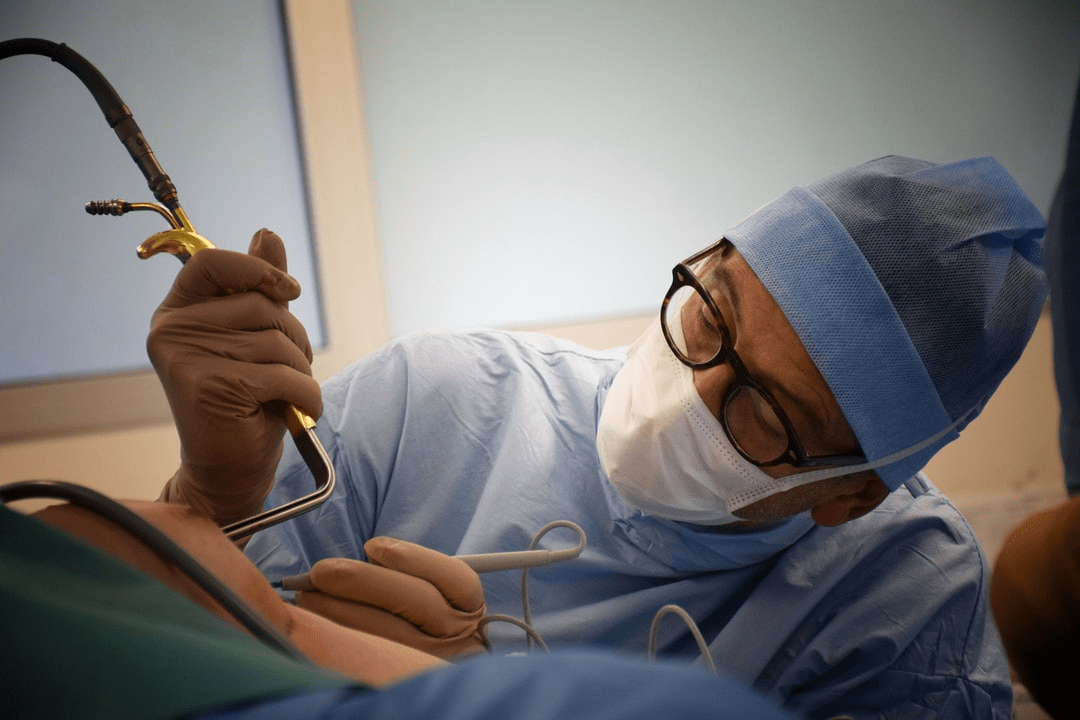
Oral and maxillofacial plastic surgery is a specialized surgical specialty dealing with reconstructive surgery of the mouth, face, oral cavity, jaw, and neck, as well as maxillofacial cosmetic surgery. The reconstructive aspects of oral surgery deal with correcting chipped or missing teeth, reshaping closed angle smiles or fixing deformities in the face caused by either trauma or disease. Some of the benefits of oral surgery include corrected alignment of the jaw and neck as well as correction of overbite and underbite, repair of facial trauma including burns, surgery of the form, dental implants, lips, and gums, among others.Read this article to find out more on Oral and maxillofacial plastic surgery services.
In most oral surgery cases, a local anesthetic is used. This means sedation through inhalation or, rarely, through the use of general anesthesia. General anesthesia is used when general risk to the patient is excessive, such as in cases involving the eye or lungs. However, even in these cases, local anesthesia is still used, particularly if the patient is extremely anxious about undergoing the procedure or if local anesthesia will make matters worse.
Most oral surgery takes place in a dental office, though in some cases specialties may require additional facilities. For instance, dental implant specialists perform procedures in dental implants. There are also prosthodontists, who usually do procedures regarding bands and crowns for teeth that have been damaged. Some general dentists specialize in certain areas, like pediatrics, while others offer their services to patients who want to have dental surgeries. You may also find general dentists in dental school offering specialized training in oral surgery.
Oral surgery involves the removal of a portion of the tooth, which is then reshaped by sculpting tools to fit into a smaller or altered area of the mouth. The surgery does not take long, but it is often painful and expensive. After your oral surgery, your mouth will be swollen and sore for several days. You'll also need to take a special antibiotic for a few days, which your surgeon will teach you to use.If you are looking for the best oral surgery services, visit gafacial.com.
Your surgeon will likely show you pictures of the results after your oral surgery, so you'll know if the treatment you've just had will bring you the smile you desire. If your jaw is too damaged for this type of surgery to repair, or if you already have missing teeth, you'll probably need to get dental implants. The cost of these dental implants can be rather high, so you'll need to budget carefully before choosing this option. You may also be able to get financing through your dental plans, if your insurance company will cover most or all of your surgery expenses.Add on to your knowledge about this topic, by visiting this link:https://en.wikipedia.org/wiki/Dental_surgery.